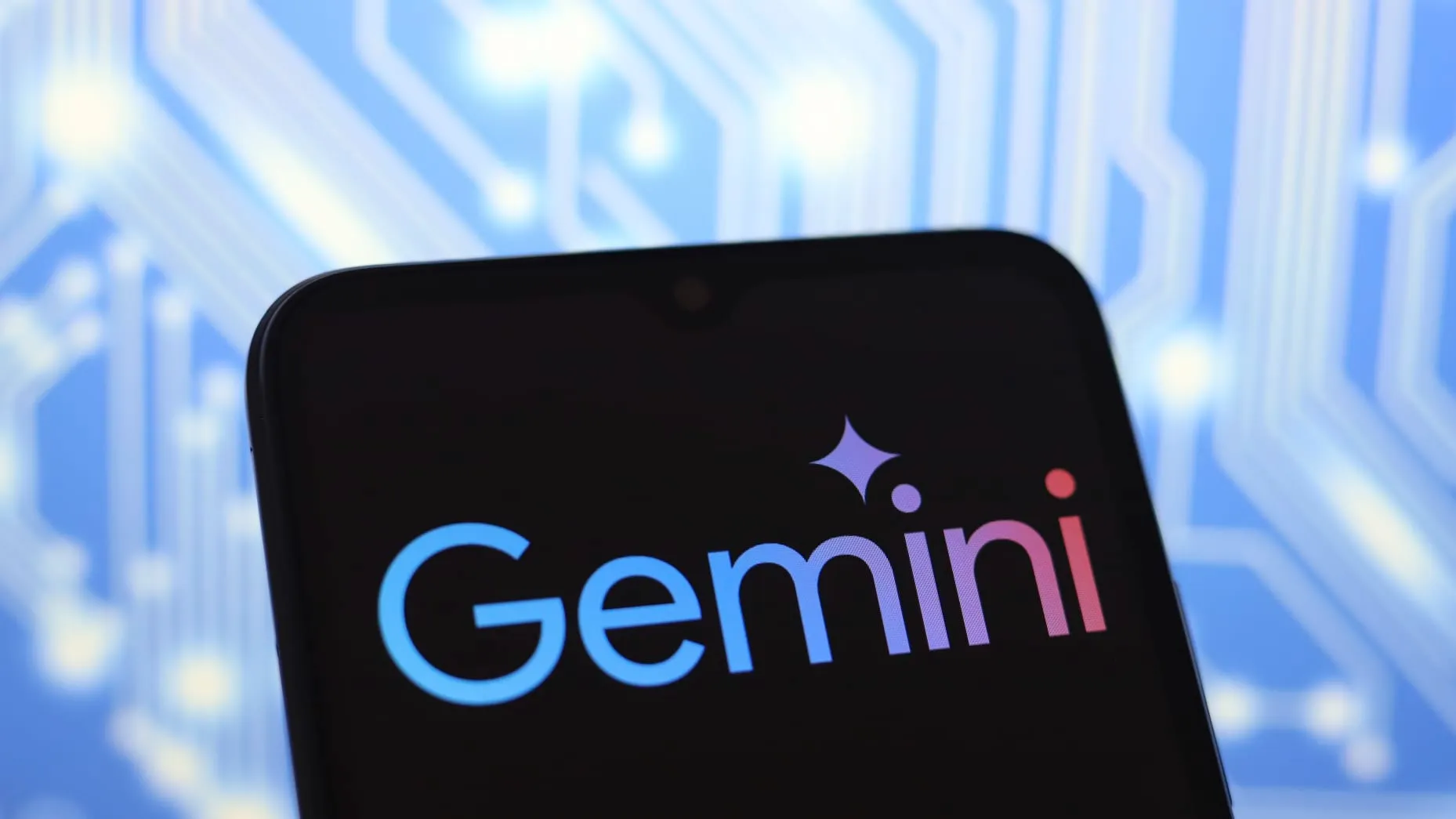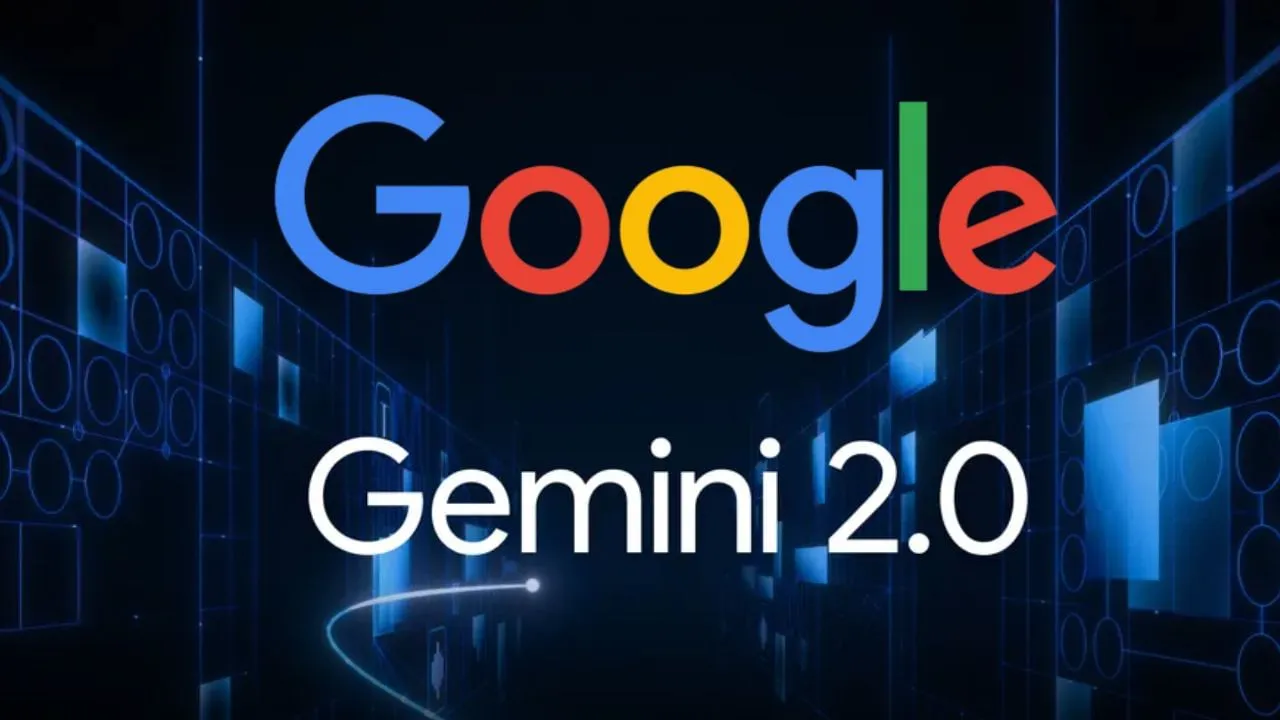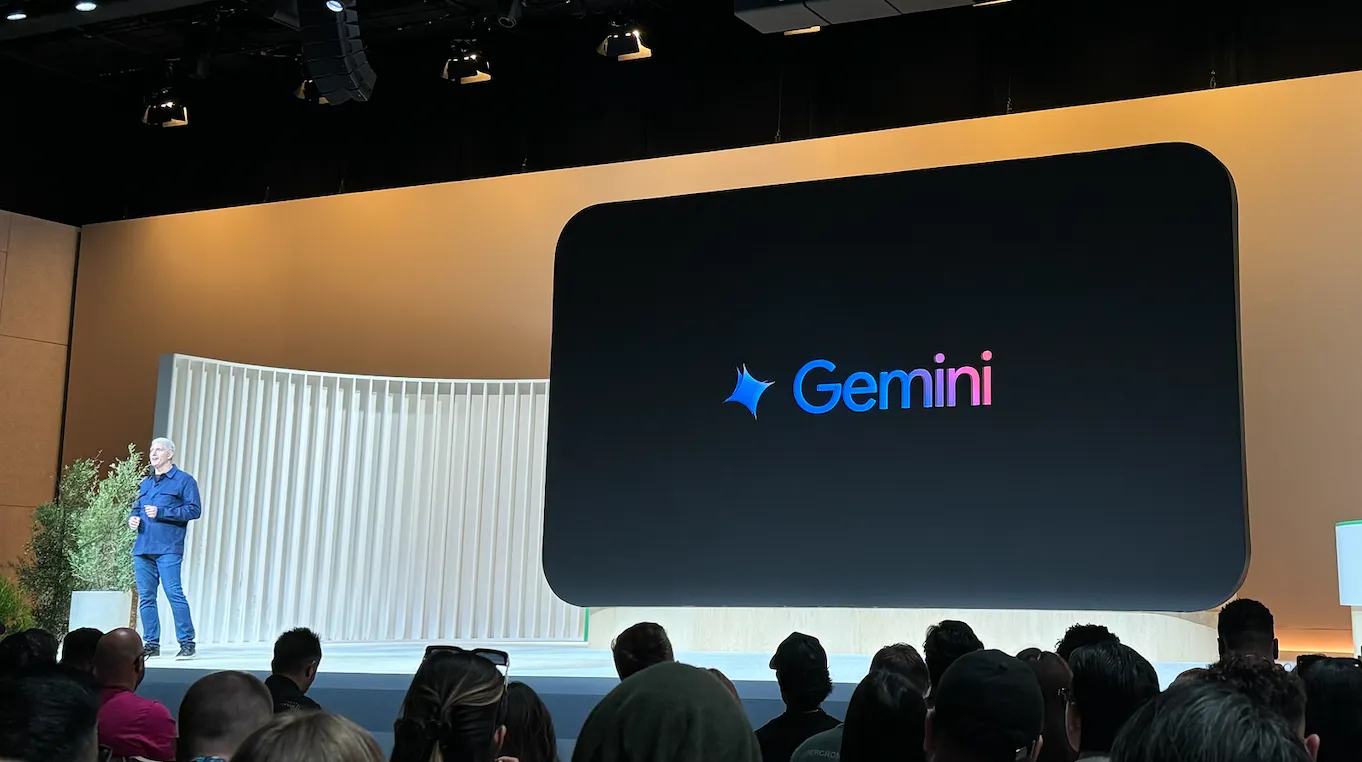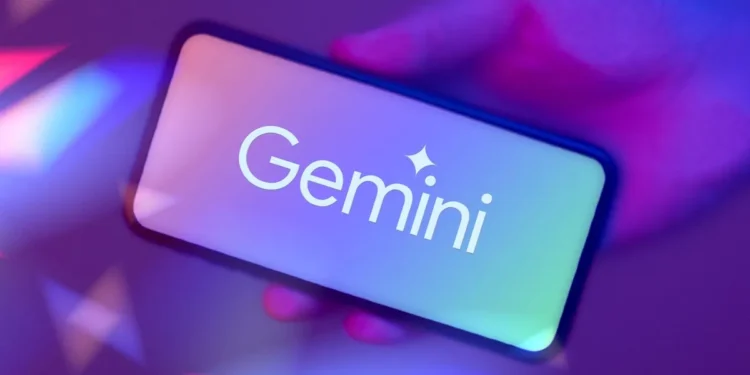In a significant leap forward in artificial intelligence technology, Google has introduced Gemini 2.0, marking a new chapter in AI capabilities. This latest iteration not only enhances the functionalities of its predecessor but introduces agentic features designed to perform actions autonomously, ushering in what Google describes as an “agentic era” of artificial intelligence.

Revolutionizing AI with Gemini 2.0 Flash
Gemini 2.0 encompasses a suite of models, with Gemini 2.0 Flash leading the charge. Launched on Google’s developer platforms, including Gemini API, AI Studio, and Vertex AI, this model sets a new standard for AI performance. According to Google, “Gemini 2.0 Flash builds on the success of 1.5 Flash, our most popular model yet for developers, with enhanced performance at similarly fast response times.” Impressively, it achieves this at twice the speed of its predecessor, 1.5 Pro, showcasing significant advancements in efficiency and capability.
A Multimodal Approach to AI
One of the key features of Gemini 2.0 is its ability to process and generate content across multiple modes—text, images, audio, and video. This multimodal capacity places it on par with other advanced systems like OpenAI’s GPT-4o, which powers the renowned ChatGPT. However, what sets Gemini 2.0 apart is its integration into various Google products such as Android Studio, Chrome DevTools, and Firebase, promising a seamless user experience across different platforms.

Addressing the Ethics of AI
Amidst the excitement surrounding these technological advances, Google has not overlooked the ethical implications of AI-generated content. To combat potential misuse, the company has implemented SynthID watermarking technology. This feature embeds a watermark in all audio and images created by Gemini 2.0 Flash, visible in supported Google products, to indicate AI-generated content clearly.
The Future Is Agentic
The concept of agentic AI systems takes center stage in Google’s strategy. These systems are designed to understand more about the user’s environment, anticipate needs, and take proactive actions under user supervision. Sundar Pichai, Google CEO, emphasizes this vision, stating, “Over the last year, we have been investing in developing more agentic models, meaning they can understand more about the world around you, think multiple steps ahead, and take action on your behalf, with your supervision.”

This move by Google not only enhances the functionality of AI but also redefines how users interact with technology, making it more intuitive and proactive in assisting with tasks. As we look towards a future where AI becomes increasingly embedded in our daily lives, the launch of Gemini 2.0 is a promising indicator of the transformative potential of technology that not only understands but also acts.









